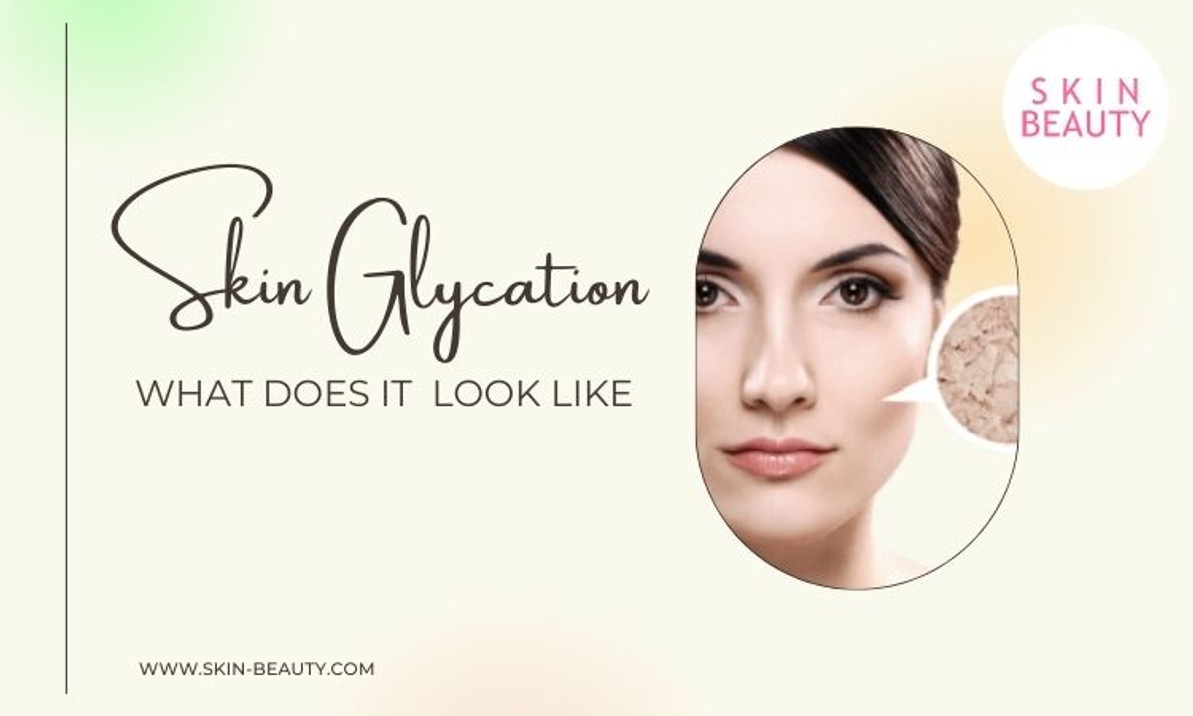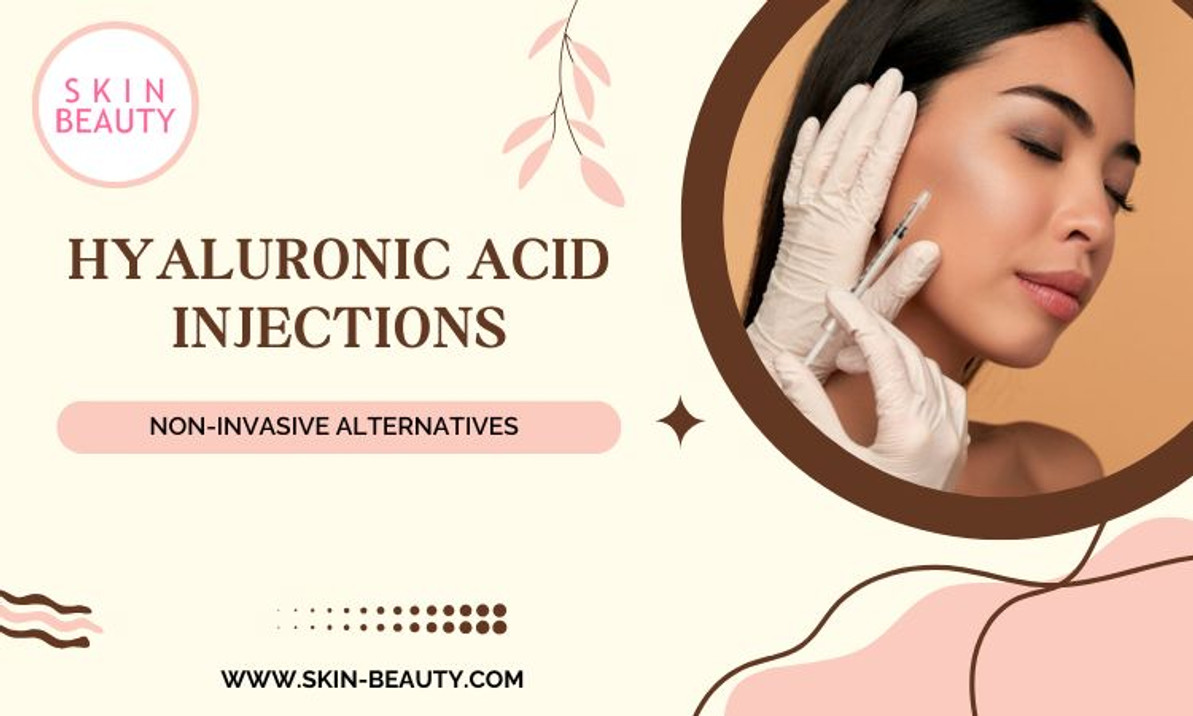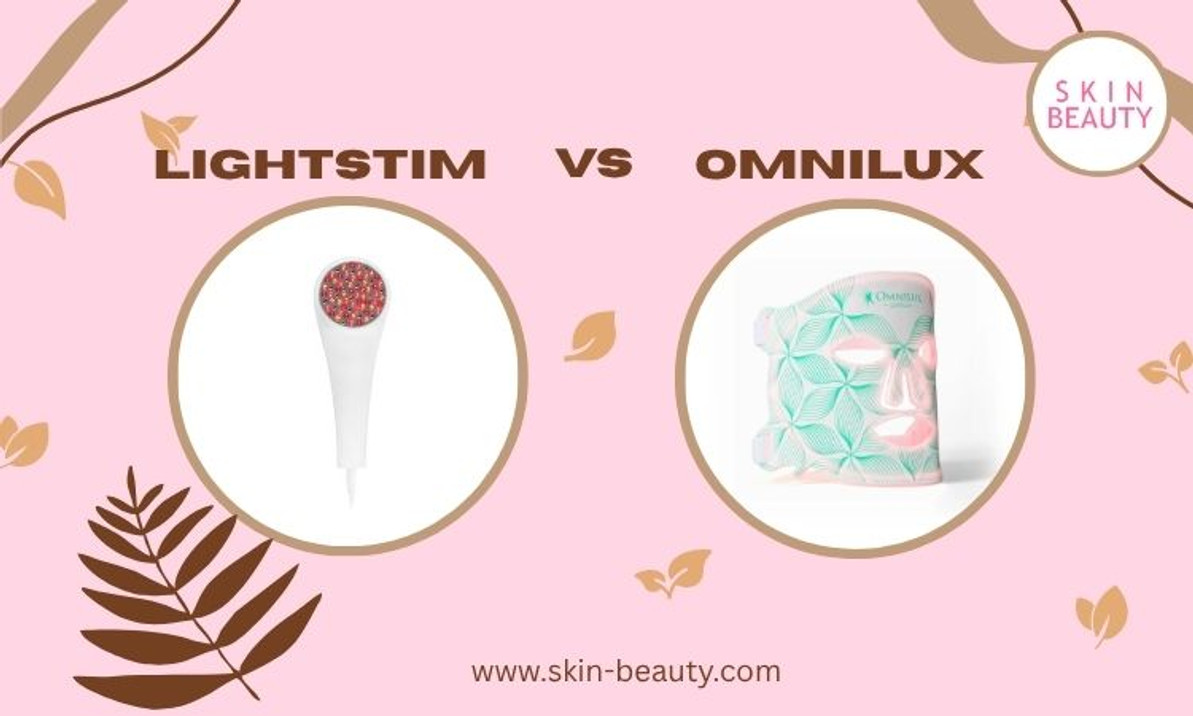How to Treat Facial Scarring from Acne
Living with facial scarring from acne can be difficult and can make you feel embarrassed and self-conscious. Fortunately, you don’t have to live with it forever. With the right treatments, you can reduce and even eliminate acne-related scarring from your face. In this article, you will learn about different treatments and techniques to help you get the clear, beautiful skin you crave.
Table of Contents
- 1) Understanding Acne Scarring
- 2) Simple Home Remedies for Acne Scarring
- 3) Skincare Treatments for Acne Scarring
- 4) When to Consult a Professional for Facial Scarring
- Q&A
1) Understanding Acne Scarring
Acne scarring is a common skin concern caused by a break in the skin's surface tissue. In response to acne or trauma, the body produces a special type of cells called fibroblasts which help to rebuild that tissue. Unfortunately, this repair job often isn't perfect, resulting in a variety of permanent marks including
- rolling scarring
- ice-pick scarring
- boxcar scarring
- hypertropic scars
These scars are especially difficult to treat as they become more pronounced with time. While a combination of topical treatments, chemical peels, or laser therapy can help reduce the appearance of scars, the best way to prevent acne scarring is by treating acne early. Identifying the underlying cause of your acne is key - whether it’s hormonal fluctuations, improper skin care, or stress - and taking steps to address it so that your skin can heal quickly and evenly.
2) Simple Home Remedies for Acne Scarring
Natural Treatments
Skincare is just as important as any other health care and treating acne scars naturally can be just as effective as relying on store-bought products. While the results may vary, trying these simple home remedies can help you get on the path to beautiful clear skin:
- Aloe vera gel – a great moisturizer, it helps to soothe and heal irritated skin, applying it directly to scars daily can reduce their visibility.
- Honey – a powerhouse of antibacterial properties, it helps to reduce inflammation, and can be applied as a mask for 20 minutes.
- Coconut oil – a natural antibiotic, it is rich in Vitamins A, C, E, and essential fatty acids, all which promote healthy skin.
Exfoliation
Exfoliating encourages skin cell regeneration and can help to reduce the appearance of acne scars. Start by cleansing the area with a mild cleanser followed by an exfoliating scrub. There are many products on the market that can help, but simple homemade exfoliates can work just as well. For example, an oatmeal scrub or baking soda scrub can be used to get rid of dead skin cells. Whatever you choose, make sure to use gentle circular motions and take care not to irritate the area any more than necessary.
3) Skincare Treatments for Acne Scarring
Chemical Peel
Chemical peels are one of the most popular treatments for tackling acne scarring. A chemical solution is applied to the skin, which literally peels off the damaged layers and promotes new and healthy skin growth. Depending on your skin type and the severity of your acne scarring, there are various types of peels and depths you can choose from.
Microdermabrasion
Microdermabrasion is an effective cosmetic procedure for treating acne scars. A handheld device sprays fine crystals onto your skin to exfoliate it and remove the dead and damaged skin. This effectively fades and reduces the appearance of acne scars. It packs a punch when combined with topical treatments and may require multiple sessions to see desired results.
4) When to Consult a Professional for Facial Scarring
If you are considering options for treating facial scarring, there are a few situations where consulting a professional is the best way to go. Many at-home remedies are available, but these options often won't be as effective as professional treatments.
When should you consult a professional?
- When your scar is deep and wide. Skin that has been lacerated, cut, burned, or impacted has the potential to leave behind deep, wide scars. In these cases, professional treatment is often needed.
- When you want results quickly. If you want to minimize the appearance of your scar fast, then it is worthwhile to consult a professional. They may suggest treatments such as dermabrasion, laser treatment, or microdermabrasion.
- When you have tried at-home remedies and have not seen results. If you have unsuccessfully tried a variety of at-home remedies such as over-the-counter creams, moisturizers , and lotions, it is best to consult a professional.
When it comes to facial scarring, the right professional can help you understand your options and develop a unique treatment plan to target the affected area.
Q&A
Q: What are the most effective treatments for scars caused by acne?
A: Many treatments can be used to reduce the appearance of scars caused by acne. Dermatologists may recommend laser resurfacing, which uses lasers to penetrate the skin and stimulate the growth of new collagen, or microneedling, which works by puncturing the skin with very fine needles to create tiny wounds that trigger the body’s healing and collagen production response. Chemical peels, dermabrasion, and topical creams containing silicone, retinol, and hydroquinone, may also be used to reduce the appearance of acne scars.
Q: Are there any things I can do at home to help treat acne scars?
A: There are several at-home remedies that you can use to help reduce the appearance of acne scars. Regularly exfoliating your skin can help to clear away dead cells and other impurities. Applying honey or cocoa butter to the skin can promote healing, and aloe vera and rosehip oil are also beneficial for acne scars. Additionally, drinking plenty of water and eating an anti-inflammatory diet can help to improve the skin’s appearance.
Q: Are there any risks associated with treating facial scars from acne?
A: While some treatments are generally considered safe, all treatments come with potential risks. Laser treatments, dermabrasion, and chemical peels can cause side effects such as burning, redness, swelling, and discomfort. Talk to a dermatologist to find out if a particular treatment is right for you.
With the right products, lifestyle, and attitude, treating facial scarring from acne doesn't have to be an uphill battle. With the right habits and treatments, you can take back control and look towards the future with a newfound confidence and a renewed sense of self-care. So, go ahead — take control of your skin and let your natural beauty shine through!
Recent Posts
-
Hyaluronic Acid Injections
Hyaluronic Acid Injections: What to Know & Non-Invasive Alternatives That Actually Work In the p …Jun 17th 2025 -
Kojic Acid Creams
My Kojic Acid Journey: How One Ingredient Transformed My Skin (And the Best Kojic Acid Creams to Try …Jun 11th 2025 -
LightStim vs. Omnilux
LightStim vs. Omnilux: My Real LED Skincare Results & Which One I Recommend LED light therapy&nb …Jun 3rd 2025






